Expert Guidance for Growing Brands
A food safety plan is a written system that identifies potential hazards and outlines how your business will prevent, monitor, and control those hazards. It is made up of a collection of policies, SOPs and records. It’s required by the FDA, CFIA, and for certifications like SQF, BRCGS and other GFSI programs.
HACCP (Hazard Analysis and Critical Control Points) is a food safety management system focused on identifying and controlling hazards. SQF (Safe Quality Food) is a full certification program that includes HACCP but also requires documented procedures, employee training, verification, validation, and an annual audit. SQF is GFSI-recognized, meaning it meets global food safety standards and is widely accepted by retailers globally.
Shelf Ready prepares your food safety plan fast, with documentation ready in as little as one day. Most small manufacturers become audit-ready in about 4 weeks with our support. However, auditors typically require 60 days of records before conducting a food safety audit, so early planning is key.
Templates may help you get started, but audit success requires a program tailored to your actual products, processes, and facility. Certification bodies expect a plan that reflects your day-to-day operations. Custom food safety plans built by professionals increase your chances of passing your SQF, HACCP, or FDA/CFIA audit the first time.
Yes. We provide training for teams managing food safety programs, including certified HACCP training and Food Safety Foundations. Our training supports both initial program rollouts and ongoing compliance with standards.
Most retailers in the U.S. and Canada. require suppliers to have a GFSI-compliant food safety program and to pass a third-party audit. Requirements vary by retailer, but all expect documentation, training, traceability, and regular verification. Scroll to the bottom of this page for a list of retailer-specific food safety requirements.
Yes, most retailers and distributors require third-party certification before allowing your product on their shelves. This may include SQF, BRCGS, or PCP (Preventive Control Plan) certification depending on where you're located and what you're producing. Certification ensures your facility complies with FDA or CFIA food safety regulations and meets buyer expectations.
While CFIA and FDA/FSMA compliance are essential starting points, we encourage our clients to pursue a GFSI-benchmarked certification like SQF, BRCGS, or FSSC 22000. These programs offer scalable options for businesses of all sizes and open more doors with retailers and distributors in the long run.
During a food safety audit, an independent auditor reviews your full program, including your food safety plan, records, SOPs, employee training, and facility hygiene practices. They verify that your business complies with GFSI standards like SQF or regulatory standards like FDA or CFIA. The result determines whether you're certified or require corrective actions.
Absolutely. We guide businesses through pre-audit readiness, including internal audit support, document reviews, and gap assessments. Whether you’re preparing for SQF, BRCGS, or other GFSI certification, FDA, or CFIA inspections, we help ensure you know what to expect and that your food safety program meets the standard.
We build programs that meet the requirements of leading food safety certifications and regulatory standards across North America. Our plans are aligned with the expectations of major retailers, regulatory bodies, and third-party certifiers. Shelf Ready is an independent consulting firm and is not affiliated with any certification body, auditing organization, or retailer.
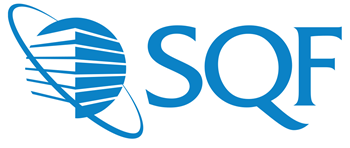
A GFSI-recognized food safety certification widely accepted by retailers across North America. SQF helps businesses of all sizes build audit-ready food safety programs and meet buyer requirements.
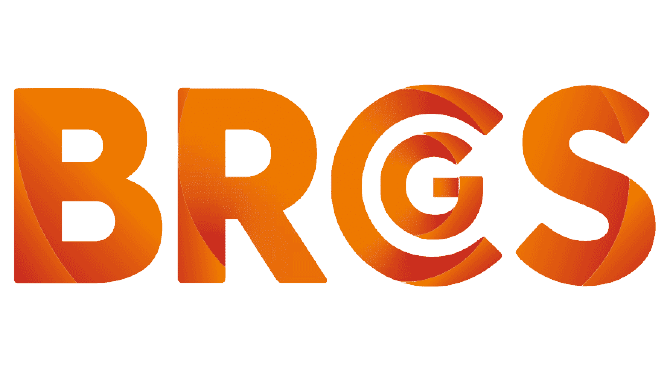
A globally recognized food safety certification that emphasizes product quality, traceability, and risk management. BRCGS is commonly required for U.S. and Canadian retailers and co-manufacturers.

A comprehensive GFSI-recognized certification for food processors, packagers, and manufacturers. Built on ISO standards, FSSC 22000 is often preferred for international supply chains.

Costco requires its own proprietary food safety audit or a GFSI certification with an approved Costco Addendum. Small suppliers may qualify for a scaled version of the audit.

Whole Foods accepts GFSI and non-GFSI certifications depending on supplier type. Small suppliers may be eligible for a remote verification through the SQF Fundamentals program.
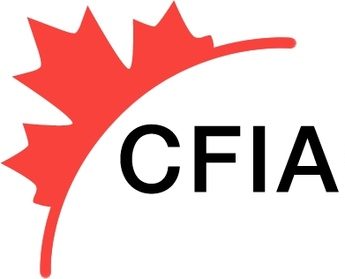
The federal food safety authority in Canada. Food businesses must comply with CFIA’s Preventive Control Plan (PCP) requirements under the Safe Food for Canadians Regulations (SFCR).

Regulates food manufacturing and labeling in the U.S. under FSMA (Food Safety Modernization Act). Most food businesses need a Preventive Controls-based food safety plan to meet FDA standards.
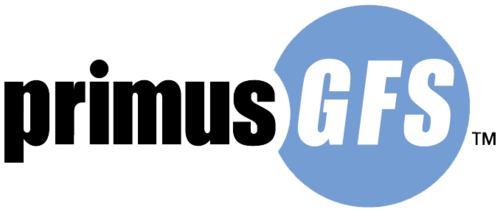
PrimusGFS is a GFSI-recognized audit focused on produce safety, covering growing, harvesting, packing, and processing operations.
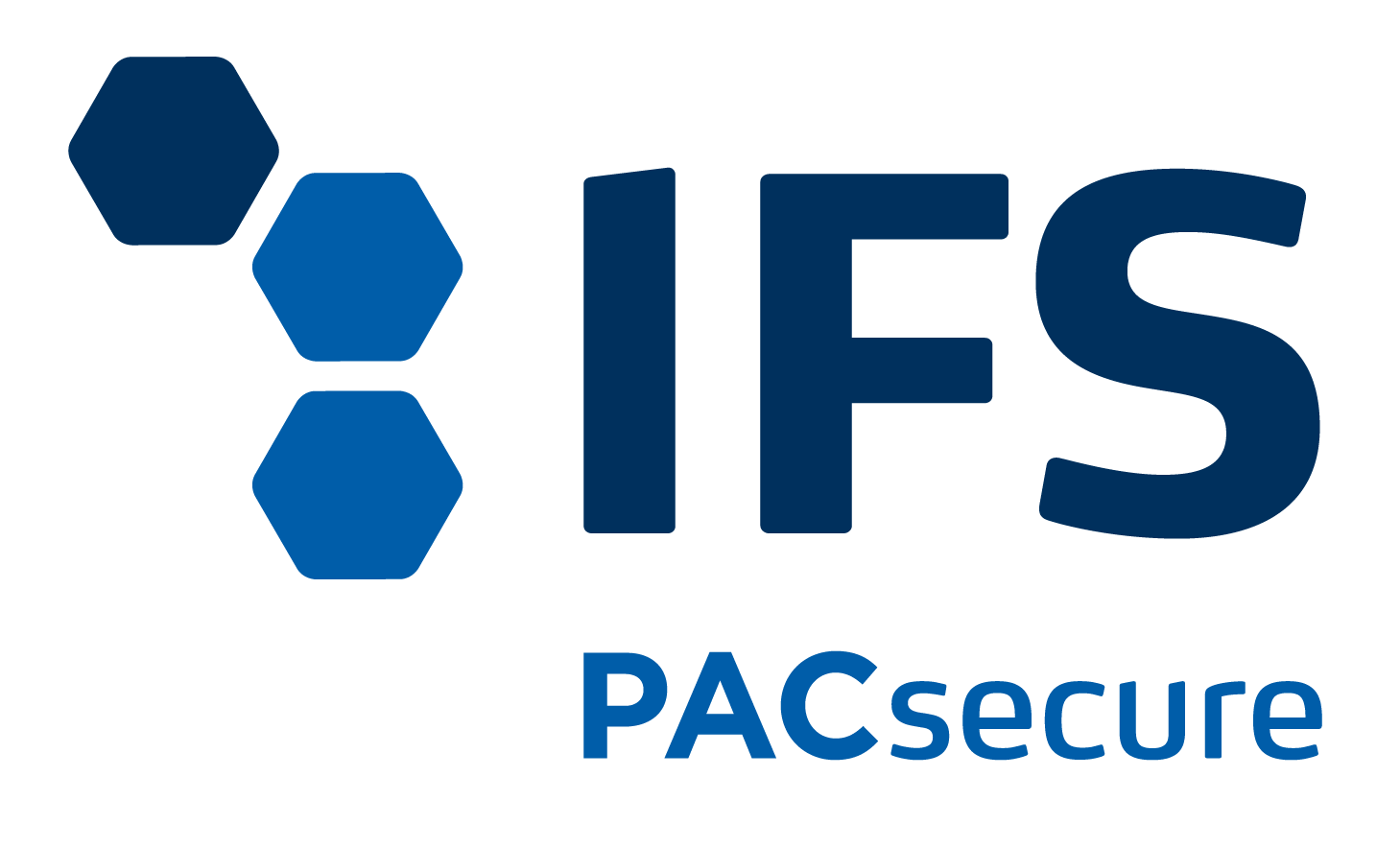
IFS PACsecure is a GFSI-recognized standard for ensuring food packaging materials are made in facilities that meet global food safety requirements.
Costco is a leading wholesale retailer in North America with strict food safety requirements for its suppliers. Manufacturers wishing to supply Costco must either complete Costco’s Food Safety Audit, including a Small Supplier option, or attach a Costco Addendum to a GFSI-benchmarked certification audit. Costco require 60 days of production records to be available prior to the audit.
Shelf Ready does not represent Costco or its auditing body. To learn more about becoming a Costco vendor, please visit their website Link to Vendor Requirements.
Whole Foods Market accepts various food safety certifications from food manufacturers, depending on supplier type. This may include GFSI-recognized audits like SQF, BRCGS, PrimusGFS, or FSSC 22000, or non-GFSI audits such as GMP, GAP, GMaP, LGMA, or HACCP. Very small suppliers may also qualify for a remote SQF Fundamentals Verification (FVA) assessment.
Shelf Ready does not represent Whole Foods or its auditing body. To learn more about becoming a Whole Foods vendor, please visit their website Link to Vendor Requirements.
Amazon accepts various food safety certifications from food manufacturers, depending on supplier type. This may include GFSI-recognized audits like SQF, BRCGS, PrimusGFS, or FSSC 22000, or non-GFSI audits such as GMP, GAP, GMaP, LGMA, or HACCP.
Shelf Ready does not represent Amazon or its auditing body. To learn more about becoming a Amazon supplier, please visit their website Link to Vendor Requirements.
Trader Joe’s is a U.S. grocery retailer known for its private-label products and strict food safety standards. Trader Joe’s only sources products from FDA- or USDA-licensed facilities that undergo an annual GFSI-benchmarked audit. Vendors must follow GMP and HACCP protocols and provide third-party nutritional analysis and validated lab shelf-life data.
Shelf Ready does not represent Trader Joes or its auditing body. To learn more about becoming a Trader Joes vendor, please visit their website Link to Potential Vendor Requirements
Loblaw Companies Limited is Canada’s largest food retailer, with supermarkets operating under more than 20 well-known banners. Loblaw requires suppliers to maintain strict food safety programs and audit readiness to meet national standards and customer expectations. For most food suppliers, GFSI-recognized audits like SQF, BRCGS, PrimusGFS, or FSSC 22000 will be required however Loblaw Small Supplier Program has provisions for non-GFSI audits such as GMP, GAP, GMaP, HACCP.
Shelf Ready does not represent Loblaw or its auditing body. To learn more about becoming a Loblaw supplier, please visit their website Link to Vendor Requirements.
Sobeys is one of Canada’s leading national grocery retailers, operating banners such as Sobeys, Safeway, and FreshCo. Through its local supplier program, Sobeys supports Canadian food entrepreneurs by bringing regional and innovative products to store shelves. To participate, suppliers must demonstrate strong food safety systems and meet rigorous audit and compliance requirements. For most food suppliers, GFSI-recognized audits like SQF, BRCGS, PrimusGFS, or FSSC 22000 will be required however Sobeys Local Supplier Program has provisions for non-GFSI audits such as GMP, GAP, GMaP, HACCP.
Shelf Ready does not represent Sobeys or its auditing body. To learn more about becoming a Sobeys supplier, please visit their website Link to Vendor Requirements.
Metro is a major Canadian food retailer with grocery stores across Ontario and Quebec, operating banners such as Metro, Food Basics, and Super C. Through the Metro Local program, the company highlights regional products and emerging brands. For most food suppliers, GFSI-recognized audits like SQF, BRCGS, PrimusGFS, or FSSC 22000 will be required however Metro Local Supplier Program has provisions for non-GFSI audits such as GMP, GAP, GMaP, HACCP.
Shelf Ready does not represent Metro or its auditing body. To learn more about becoming a Metro supplier, please visit their website Link to Vendor Requirements.
Wegmans is a respected U.S. regional grocery chain with over 100 stores across the East Coast, renowned for its high standards in food safety and quality. Wegmans Brand suppliers must adhere to GFSI-recognized food safety certification and uphold the company’s Supplier Codes of Practice. Each supplier is required to have a formal recall plan, including internal mock-recall procedures and direct communication protocols with Wegmans’ recall team. Wegmans also reserves the right to conduct collaborative on-site assessments to review documentation and ensure ongoing compliance.
Shelf Ready does not represent Wegmans or its auditing body. To learn more about becoming a Wegmans supplier, please visit their website Link to Vendor Requirements.
H-E-B is a major U.S. supermarket chain, serving more than 1 million Texas households through over 400 stores under banners such as H-E-B, Central Market, and Joe V’s. Food suppliers must comply with FSMA and USDA regulations including Preventive Controls, Produce Safety, Sanitary Transportation, and FSVP, as well as all federal and state labeling and safety standards. H-E-B also reserves the right to conduct on-site audits and requires suppliers to maintain liability insurance and follow its Supplier Code of Conduct.
Shelf Ready does not represent H-E-B or its auditing body. To learn more about becoming a H-E-B supplier, please visit their website Link to Vendor Requirements.
Walmart is the largest retailer in the U.S., serving millions through its Walmart and Sam’s Club banners. All food suppliers must hold GFSI-recognized certification—such as SQF, BRCGS, or FSSC 22000—or qualify under a limited alternative audit approach. Walmart strictly prohibits using government inspections in place of these certifications. Suppliers must complete food safety requirements before supplying products, and may undergo documentation reviews, desk or on-site assessments, and Corrective & Preventive Actions (CAPA) based on product type and performance.
Shelf Ready does not represent Walmart or its auditing body. To learn more about becoming a Walmart supplier, please visit their website Link to Vendor Requirements.
Target is one of the largest general merchandise and grocery retailers in the United States, serving millions of guests through more than 1,900 stores nationwide. The company requires all Target-owned-brand food suppliers to hold GFSI-recognized food safety certification and pass thorough facility approvals. Target’s FSQR (Food Safety, Quality & Regulatory) team conducts annual facility assessments, third-party audits, and on-site risk evaluations.
Shelf Ready does not represent Target or its auditing body. To learn more about becoming a Target supplier, please visit their website Link to Vendor Requirements.
Publix is a respected U.S. grocery chain headquartered in Florida, operating over 1,400 stores across the Southeast. Publix Brand suppliers must maintain a robust food safety management system based on HACCP or Preventive Controls and undergo annual third-party audits aligned with GFSI benchmarks.
Shelf Ready does not represent Publix or its auditing body. To learn more about becoming a Publix supplier, please visit their website Link to Vendor Requirements.
Meijer is a leading U.S. supercenter retailer with more than 250 stores across the Midwest. Suppliers must meet strict requirements for food safety, quality, and compliance. Meijer requires vendors to maintain GFSI-recognized certification for food facilities, comply with FSMA regulations, and provide documentation through its LogicGate platform. Vendors are also subject to facility audits, real-time temperature monitoring for fresh produce shipments, and immediate reporting of food safety issues such as pathogen findings or recalls. Meijer’s standards ensure that products remain safe, traceable, and consistently high-quality throughout the supply chain.
Shelf Ready does not represent Meijer or its auditing body. To learn more about becoming a Meijer supplier, please visit their website Link to Vendor Requirements.
Kroger is the largest supermarket chain in the United States, operating thousands of stores under multiple banners. To supply Kroger’s Our Brands products, vendors must undergo facility audits, maintain GFSI-recognized food safety certification such as SQF, BRC, or FSSC 22000, and provide annual audit documentation. Vendors are also required to follow Kroger’s strict product approval process, maintain recall readiness, and ensure compliance with all FDA, USDA, and regulatory standards. Kroger conducts ongoing audits and evaluations to ensure consistent product quality, safety, and compliance across its supply chain
Shelf Ready does not represent Kroger or its auditing body. To learn more about becoming a Kroger supplier, please visit their website Link to Vendor Requirements.
Your next step to compliance starts with a conversation.